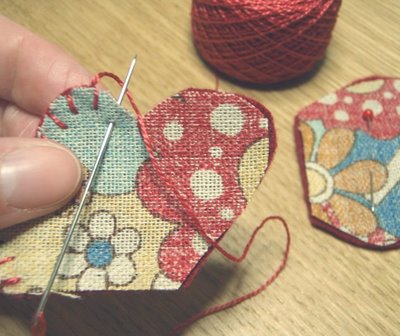Having a strong memory depends on many things. Many people believe that over time our memory power decreases, but there are many ways you can boost your brain such as eating healthy, training your memory and listening to music.
According to the University of Queensland, “The brain’s incredible ability to reshape itself holds true when it comes to learning and memory. You can harness the natural power of neuroplasticity to increase your cognitive abilities, enhance your ability to learn new information, and improve your memory.”

Healthy diet

Food plays a very important role in maintaining strong memory; some foods have plenty of nutrients that help improve our brain function. Our diet should include foods rich in phosphorus, potassium, magnesium. You should also avoid sugar and grain carbohydrates.
Antioxidants

Some foods have antioxidant compounds that improve our memory and blood circulation. Oregano, also known as Wild Marjoram or Spanish Thyme, improves blood circulation; green tea is one of the best beverages because it improves brain function, and it can help lower cancer risk.
Train your memory

There are some ways you can remember things you always forget; according to lifehacker.com following these two simple steps can be very useful, “Turn abstract, boring things that the brain doesn't like to remember and can't really latch onto (like names and numbers) into more visual ones. Find a place to store or anchor mental images where you're more likely to remember them—in your "memory palace," a.k.a., in the journey method.”
Read a book

Reading is one of the easiest ways to sharpen our memory, it can help acquire, retain and expand our knowledge. It also improves our memory-related capabilities. Depending on the difficulty of reading, it is considered more neurobiologically demanding than to process images or speech.
Listening to music

Studies indicate that music stimulates many regions of the brain at the same time, including those involving emotions, movement, language and memory. While music stimulates brain cells that help improve mental concentration and visual and auditory development; experts recommend listening to classical music.
Take regular study breaks

If you are studying for a test, you need to take regular study breaks to help your brain absorb more information but also to keep you motivated and focused when you are working. Something most people don’t know is the fact that you should vary the places where you study in order to improve information retention.
Meditation

Meditation can help strengthen the areas of the cerebral cortex that are responsible for the care and process external sensory stimuli. Meditating on a daily basis will help you stay relaxed and it can help you fight anxiety and stress.
Exercise

If you exercise daily, it helps improve the oxygenation of the brain and this allows you to work more productively. Besides, exercising releases endorphins that help improve your mood, and having a positive mind can help build your skills and boost your health.
Get enough sleep

Studies have proven that the brain does not rest while we are sleeping, this is the time in which it classifies and processes all the information received during the day. Therefore, it is important to take breaks during the study or work and try to sleep at least 7 hours a day.
Use your non-dominant hand

According to psychology, “Using your opposite hand will strengthen neural connections in your brain, and even grow new ones. It’s similar to how physical exercise improves your body’s functioning and grows muscles. Try using your non-dominant hand to write. Use it to control the computer mouse or television remote. Brush your teeth with your other hand. You’ll probably notice it’s much harder to be precise with your movements.”
Sewing crafts

Performing simple tasks like sewing crafts or pottery can help improve your brain function. These activities will help strengthen memory because the eye-hand coordination forces the brain to work harder.
Writing

Nowadays we often use our laptops or iPads to transcribe lectures but, according to Psychological Science, using pen and paper to take notes boosts memory and the ability to retain and understand concepts.
Image Source: Google
